Dr. Miguel Moital, Principal Academic in Events Management, Faculty of Management, recently traveled to Portugal and Spain to present his work.
In Portugal, Miguel talked to students from the Masters in Tourism Management at the UCP – Portuguese Catholic University (Braga Campus). BU has an Erasmus agreement with UCP for staff exchange. Miguel talked about key issues in academic writing, presenting material from his e-book on the topic.
In Spain, Miguel delivered a presentation about ‘Managing Prestige in Spa & Thermal Experiences” to 35 participants of a pre-TERMATALIA course, attended by industry and institutional participants from countries such as Argentina, Costa Rica, and Colombia.
The course received coverage in the regional media, including a report by TV Channel Telemino (see after 2 minutes) and newspaper La Region.
The presentation was based on his research around the consumption of prestigious experiences, part of it co-created with Undergraduate Students through their dissertations.
TERMATALIA – 17th International Exhibition of Thermal Tourism, Health and Wellness is “the only specialized fair in the world that represents a thermal bridge between Europe and Latin America, bringing together professionals from more than 25 countries”. TERMATALIA alternates between Ourense (Galicia), where it originates, and a Latin -American country (next year it will take place in Iguaçu, Brazil).
Ourense features many thermal baths which feed off from the natural hot springs, with a number of both public pools (free to use) and private pools (fee paying, tough €6 will pay for 2 hours on the best one) scattered along and around the Miño river.
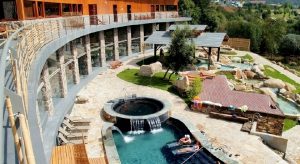
Outariz Thermal Baths, Ourense
 Congratulations to BU’s Equality and Diversity Adviser James Palfreman-Kay whose application to HEFCE’s ‘Catalyst Fund: Tackling hate crime and online harassment on campus‘ has been successful. He is one of 40 academic recipients of funding at universities and colleges throughout England. Applications have been assessed by a panel of HEFCE staff and external experts from across relevant areas of knowledge particular to student safeguarding.
Congratulations to BU’s Equality and Diversity Adviser James Palfreman-Kay whose application to HEFCE’s ‘Catalyst Fund: Tackling hate crime and online harassment on campus‘ has been successful. He is one of 40 academic recipients of funding at universities and colleges throughout England. Applications have been assessed by a panel of HEFCE staff and external experts from across relevant areas of knowledge particular to student safeguarding.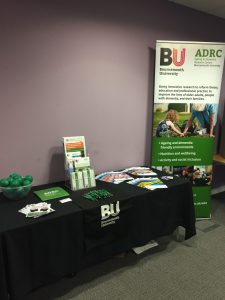
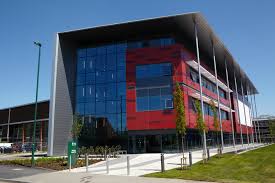
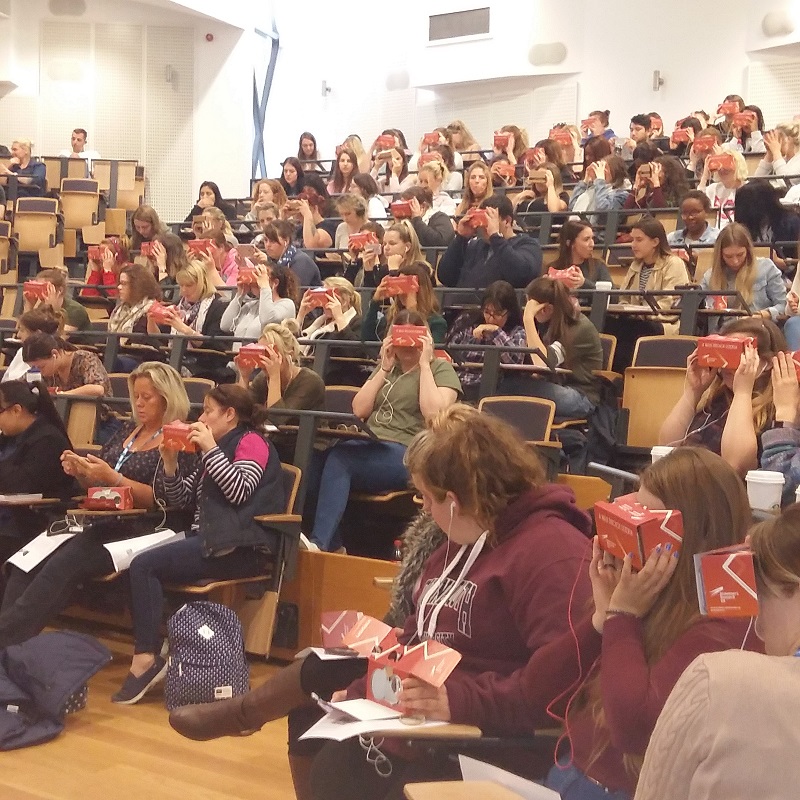
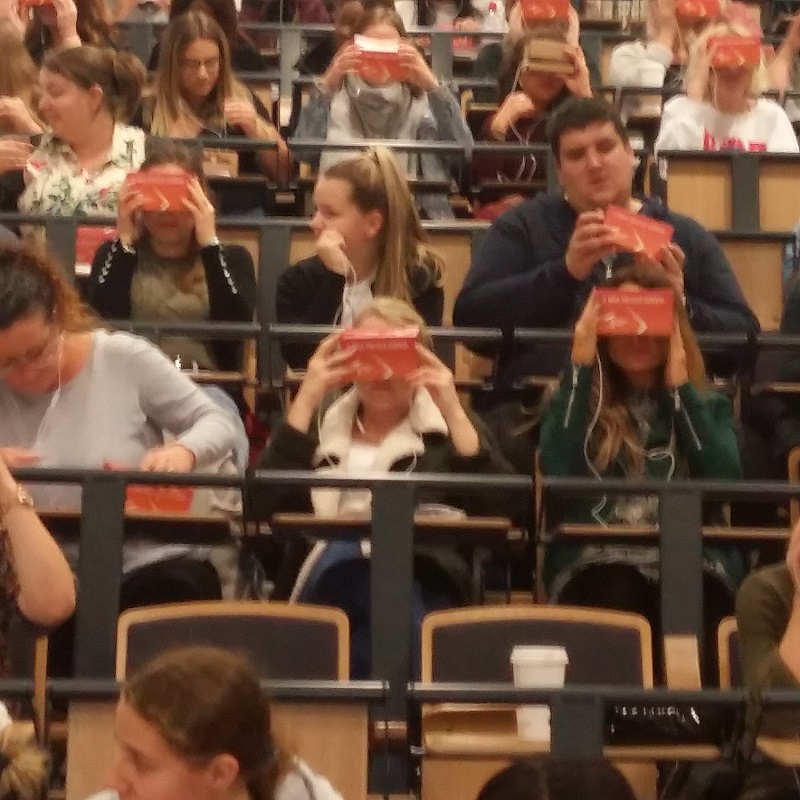
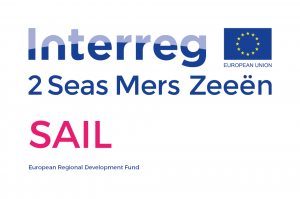
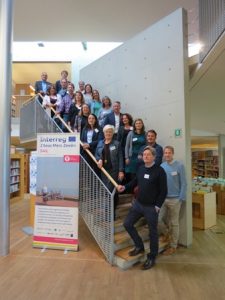
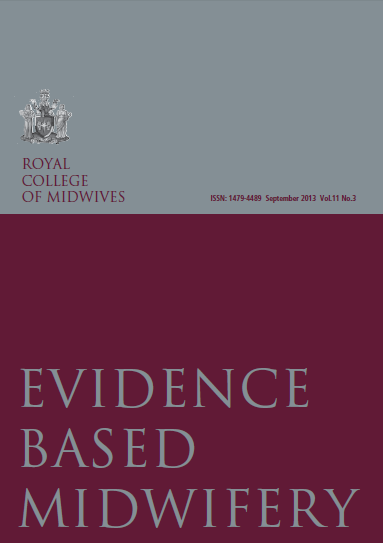
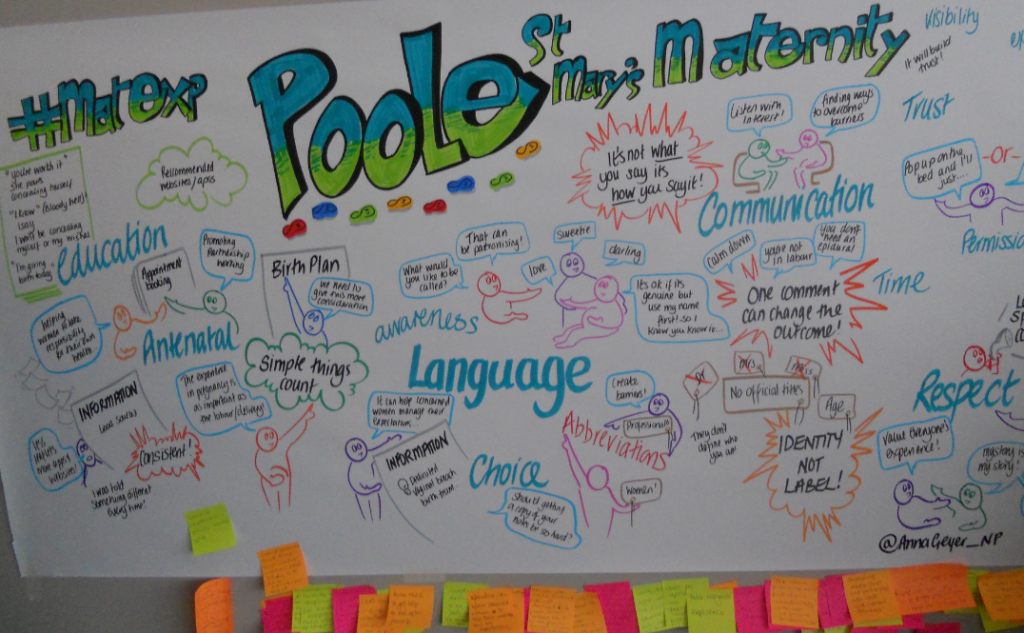
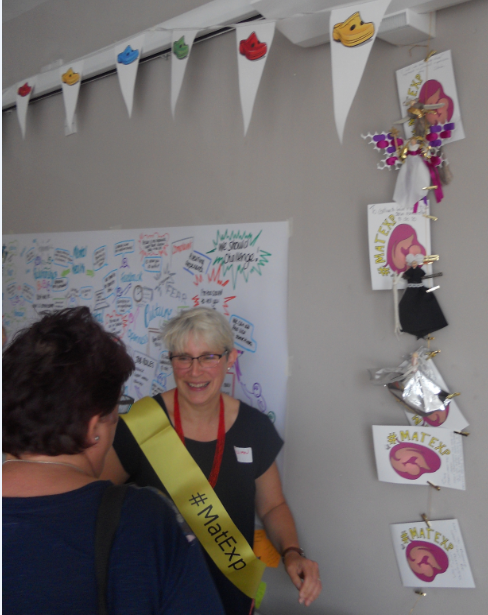



 Not to be missed!
Not to be missed!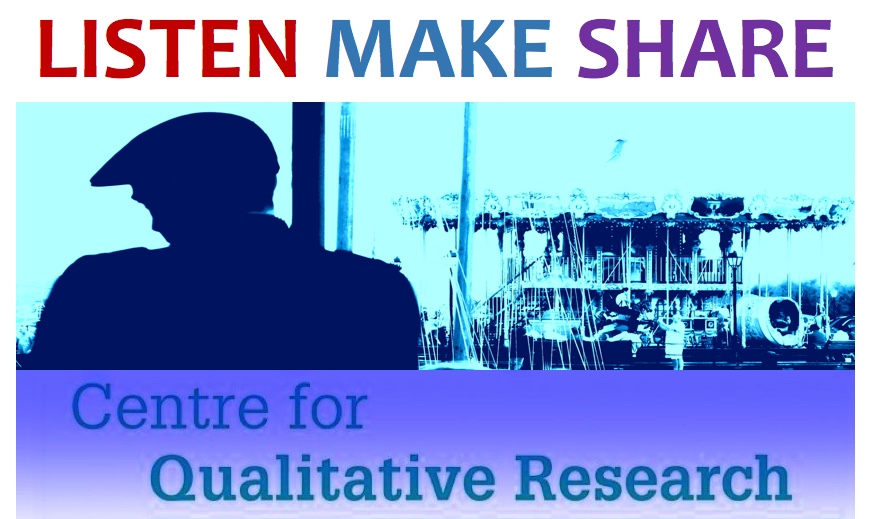
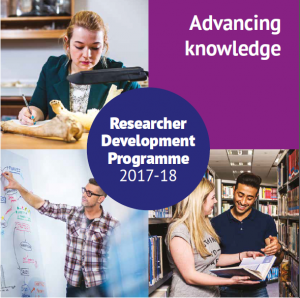
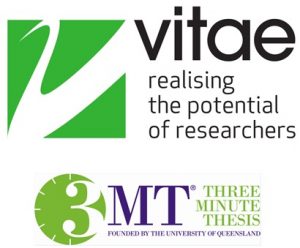












 FHSS academics teaching in Nepal
FHSS academics teaching in Nepal New weight change BU paper
New weight change BU paper One week to go! | The 16th Annual Postgraduate Research Conference
One week to go! | The 16th Annual Postgraduate Research Conference Geography and Environmental Studies academics – would you like to get more involved in preparing our next REF submission?
Geography and Environmental Studies academics – would you like to get more involved in preparing our next REF submission? Congratulations to three former BU staff
Congratulations to three former BU staff MSCA Staff Exchanges 2024 Call – internal deadline
MSCA Staff Exchanges 2024 Call – internal deadline Applications are now open for 2025 ESRC Postdoctoral Fellowships!
Applications are now open for 2025 ESRC Postdoctoral Fellowships! Horizon Europe – ERC CoG and MSCA SE webinars
Horizon Europe – ERC CoG and MSCA SE webinars MaGMap: Mass Grave Mapping
MaGMap: Mass Grave Mapping ERC grants – series of webinars
ERC grants – series of webinars